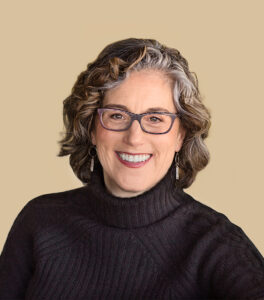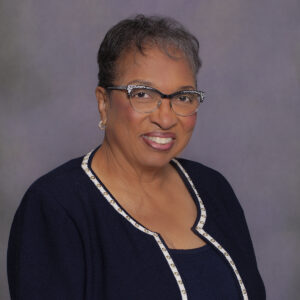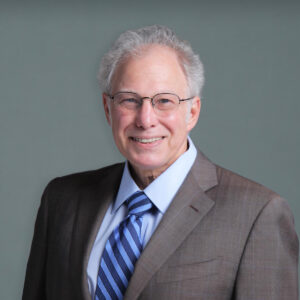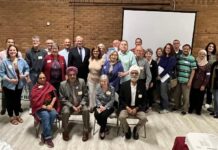Vidya Sethuraman
India Post News Service
Millions of individuals worldwide are afflicted with the degenerative brain ailment known as Alzheimer’s disease. It accounts for between 60 and 80 percent of all instances of dementia, making it the most prevalent cause.
In many cultures, an older person is regarded as a font of wisdom, someone that younger people can learn from. This too was the prevailing narrative in the US with its images of the elder statesman, grandparents as storytellers, sharing the family lore. But in present-day culture, ageism – discrimination against older people – prevails in our entertainment, news media, the workplace, and most critically, in health care.

Experts this week discussed age bias, California’s Master Plan on Aging, which has a section devoted to addressing ageism, and the 7 stages of Alzheimer’s. In fact, age is often as serious as gender and racial discrimination, but it has received little attention from society.
Dr. Louise Aronson, University of California San Francisco Professor in the Division of Geriatrics said that the elderly not only face the decline of physical health, but also face the challenge of declining recognition of social value. Especially during the pandemic, many elderly people face the challenges of age, ethnicity and economic status. Research shows that the average lifespan of Americans has declined in recent years, with the average life span decreasing by 2.6 years, but most white people are living longer. In fact, it is not only vegetables, fruits and diet, but also a healthy and confident mental state, which greatly contributes to the quality of life of the elderly and, their physical and mental health.

Cheryl Brown, Chair of the Executive Committee for the California Commission on Aging said that 18 members of the California Council on the Elderly from across the state spent several years completing the California Seniors Master Plan to provide reference for the governor and the legislative body. The main goal is to improve the quality of life and life confidence of the elderly. At the same time, it increases job opportunities for seniors to continue serving society and their peers.
There are seven distinct stages in the progression of Alzheimer’s disease, each with its special traits and difficulties. The course of the illness may significantly affect people and their loved ones, starting with the preclinical stage, where small changes in the brain take place and ending with the later stages of severe cognitive loss.
Dr. Barry Reisberg, Professor of Psychiatry at NYU Langone Health and Adjunct Professor at the Centre for Studies in Aging, McGill University, Montreal, Canada said Alzheimer’s disease have brain function decline, but it may not affect their work immediately, and their work colleagues will not notice it; but if the brain decline enters the third stage, that is, when cognitive impairment occurs.

Companions will realize that you are losing certain ability. He said, the stages of Alzheimer’s disease deterioration will also recur, but the frequency of disorders after the third stage will become more and more frequent, directly affecting work.







